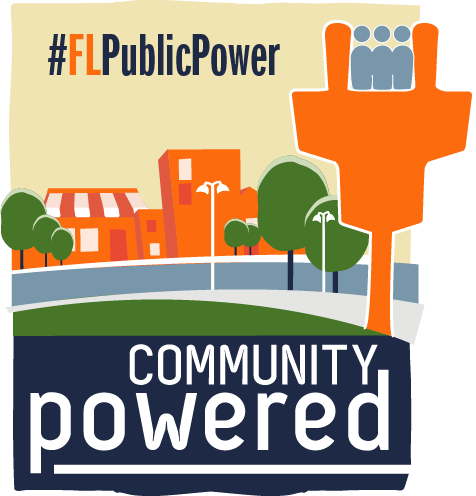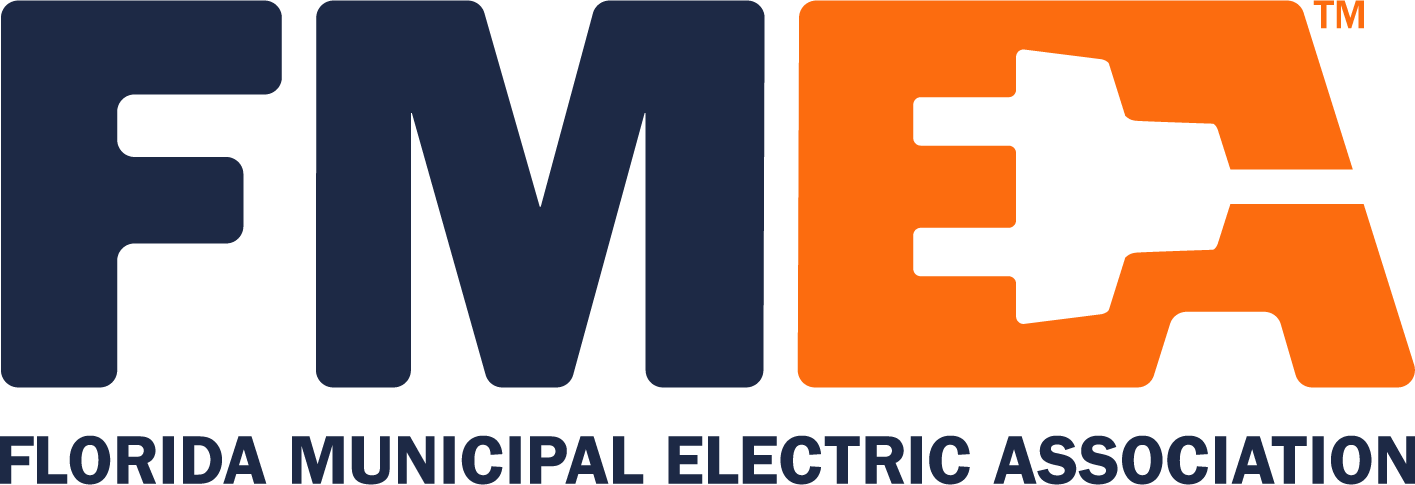Earthjustice Objects to Duke Solar Proposal
 The environmental law firm Earthjustice is seeking to intervene in a case at the state Public Service Commission to oppose a Duke Energy Florida plan to add 10 solar-power plants. Representing the League of United Latin American Citizens of Florida, Earthjustice contends that Duke’s proposed “Clean Energy Connection” program would be unfair to many customers.
The environmental law firm Earthjustice is seeking to intervene in a case at the state Public Service Commission to oppose a Duke Energy Florida plan to add 10 solar-power plants. Representing the League of United Latin American Citizens of Florida, Earthjustice contends that Duke’s proposed “Clean Energy Connection” program would be unfair to many customers.
Under the program, customers would be able to voluntarily pay more on their electric bills to help finance the solar projects and would receive credits that would result in them getting a “payback” in about seven years. Earthjustice contends that the program would be unfair because it would primarily benefit large corporations and others who would be able to pay extra as “subscribers” and get a long-term return from the credits. Duke customers who don’t subscribe to the solar program would face higher bills to guarantee the return, Earthjustice argues.
“Duke’s proposed solar program could disproportionately burden LULAC’s (League of United Latin American Citizens’) members and the Hispanic population in Duke’s territory by making low-income customers subsidize the credits given to large corporations under Duke’s program,” the petition to intervene said. Duke has asked the Public Service Commission to sign off on the program, which would start operating two of the proposed 74.9-megawatt solar plants in January 2022, four in January 2023 and four in January 2024.
Each plant is expected to cost slightly more than $100 million. Duke has said the program would respond to customers who want to help boost renewable energy and might not want to have rooftop solar panels. “(By) leveraging the utility’s buying power, the CEC (Clean Energy Connection) program allows customers to contribute to additional solar resources in Florida at a lower price than if they put up their own solar systems,” Lon Huber, vice president of rate design and strategic solutions for Duke Energy, said in written testimony included in the company’s filing. “Second, the CEC program allows customers who cannot or do not want to put solar on their premise to participate in a solar energy program.”
Article reposted with permission from The News Service of Florida.
 Enter your email address in the
Enter your email address in the 